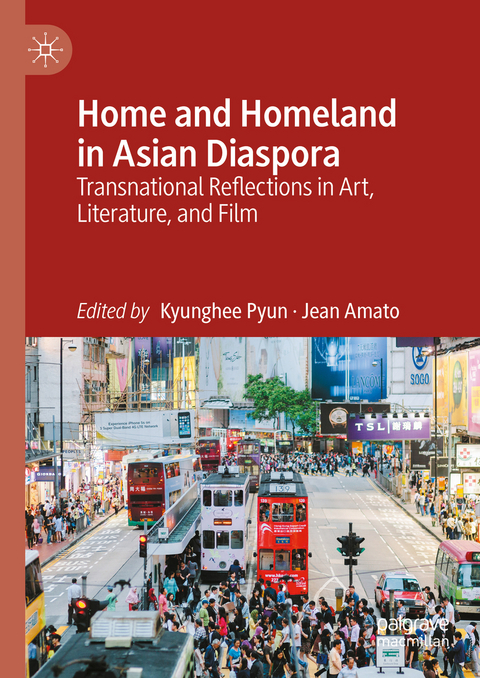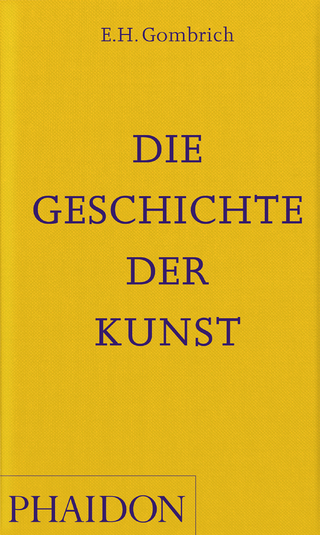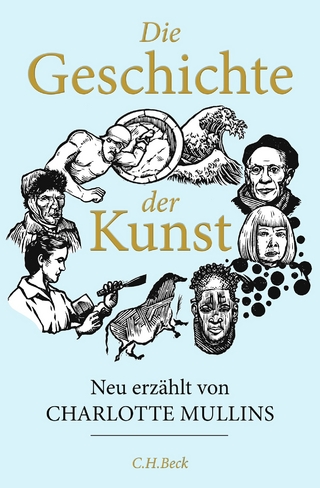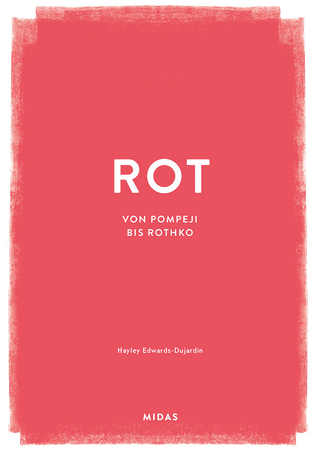
Home and Homeland in Asian Diaspora
Springer International Publishing (Verlag)
978-3-031-59883-8 (ISBN)
Kyunghee Pyun is Associate Professor of History of Art at the Fashion Institute of Technology, State University of New York. Her scholarship focuses on history of collecting, reception of Asian art, diaspora of Asian artists, and Asian American visual culture. She wrote Fashion, Identity, Power in Modern Asia (Palgrave Macmillan, 2018) and will publish a monograph entitled School Uniforms in East Asia: Fashioning Statehood and Self in 2022. Her two new books, Interpreting Modernism in Korea Art: Fluidity and Fragmentation and American Art from Asia: Artistic Praxis and Theoretical Convergence came out in 2022 (Routledge). As an independent curator, she has collaborated with contemporary artists in New York since 2013 for exhibitions such as The Lineage of Vision: Progress through Persistence and Violated Bodies: New Languages for Justice and Humanity. Pyun co-edited Interpreting Modernism in Korean Art: Fluidity and Fragmentation and American Art in Asia: Artistic Praxis and Theoretical Divergence. She is writing a monograph Forceful Exoticism: Self-censorship and Predicament of Diasporic Artists from Asia.
Jean Amato is an Professor in the English and Communication Studies Department and coordinator of the Asian Minor at Fashion Institute of Technology, State University of New York. She received her PhD in Comparative Literature from the University of Oregon. Jean has also studied and conducted graduate research in Mainland China and Taiwan for over six years. Working in Chinese and English, her research centers on theories of nationalism, gender and the ancestral home and homeland in Twentieth Century Chinese, Diasporic and Chinese American Literature and Film. In 2014, she received the State University of New York (SUNY) Chancellor's Award for Excellence in Teaching.
1: Interdisciplinary Expressions of Home and the Ancestral Homeland in Asian Diaspora
2: Bao and Turning Red: Eating Chinese in Bloody Toronto
3: Representation of Comfort Women in Chang-rae Lee’s A Gesture Life and Christina Park’s The Homes We Build on Ashes
4: Belonging Through Faith: Promised Home/Land in Min Jin Lee’s Free Food for Millionaires
5: Un/homing in an Indigenous Land: Chinese and the Indigenous in Ling Zhang’s “Toward the North
6: Homeland Films without Homeland: Examining Homeland in Soleen Yusef’s Haus ohne Dach [House Without Roof]
7: A Sri Lankan Finding and Defining Home in Australia: Sunil Govinnage’s Writings
8: East is East (1997) as a Black Comedy of Asian Diasporic Homemaking in 1970s’ Britain
9: Home and Reformed Identities: A Study of Deepa Mehta’s Queer Diasporic Film Fire
10: Indian Womanhood as the Site of Home in Lakshmi Persaud’s Sastra
11: She Who is Limitless, Without Borders: The Domain of Intimacy in Jhumpa Lahiri’s The Namesake
12: NowHere and NoWhere: There’s No Place like Home in Beth Yahp’s memoir, Eat First, Talk Later
13: Transkoreaning: Decolonizing Adopted Identity Through Artistic Practices and a Return to Home.
| Erscheinungsdatum | 19.04.2024 |
|---|---|
| Zusatzinfo | Approx. 200 p. 30 illus. in color. |
| Verlagsort | Cham |
| Sprache | englisch |
| Maße | 148 x 210 mm |
| Themenwelt | Kunst / Musik / Theater ► Kunstgeschichte / Kunststile |
| Sozialwissenschaften ► Soziologie | |
| Schlagworte | Asian Diasporic • Bao and Turning Red • Domain of Intimacy • Interdisciplinary • Transkoreaning |
| ISBN-10 | 3-031-59883-0 / 3031598830 |
| ISBN-13 | 978-3-031-59883-8 / 9783031598838 |
| Zustand | Neuware |
| Haben Sie eine Frage zum Produkt? |
aus dem Bereich


